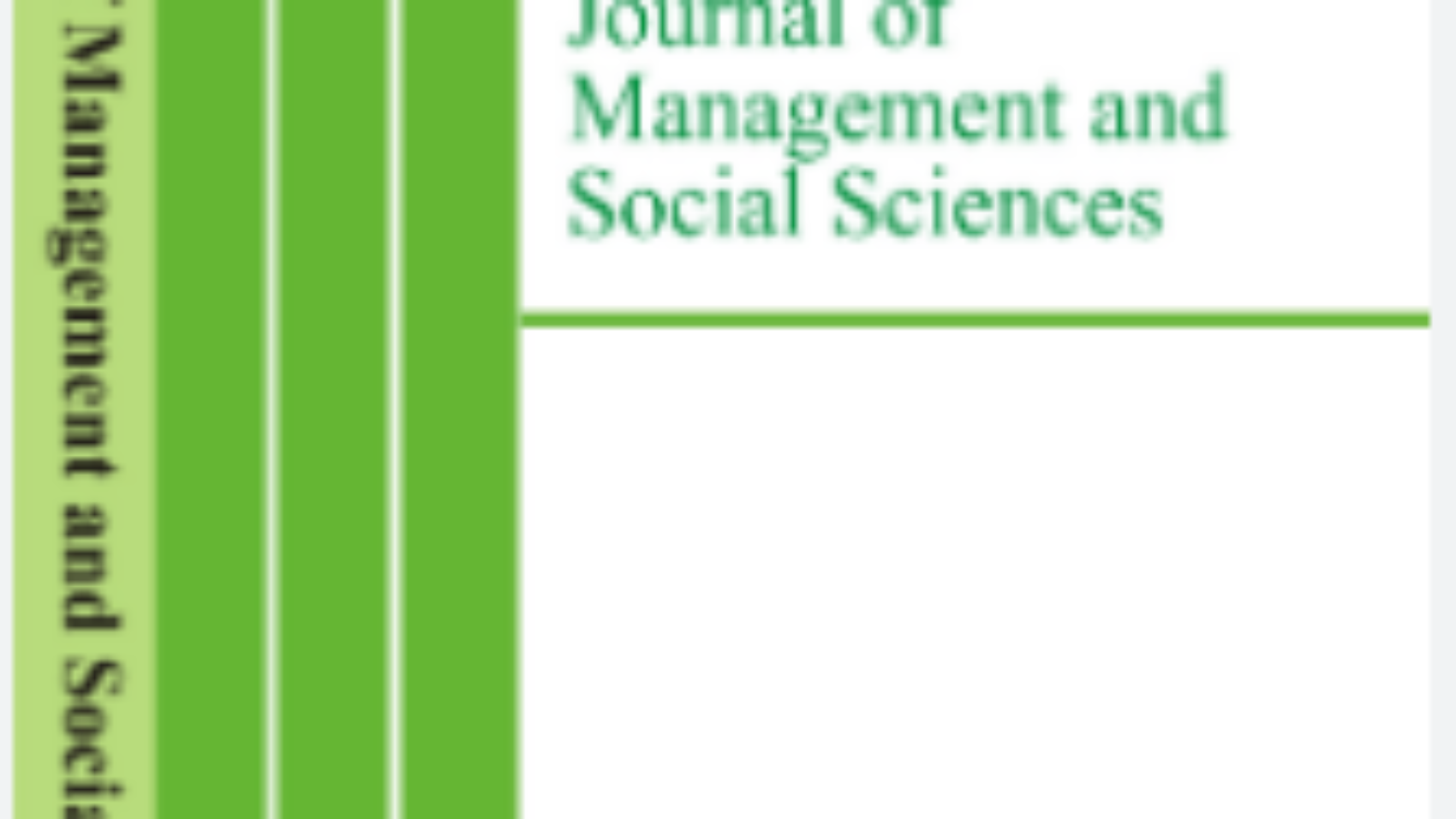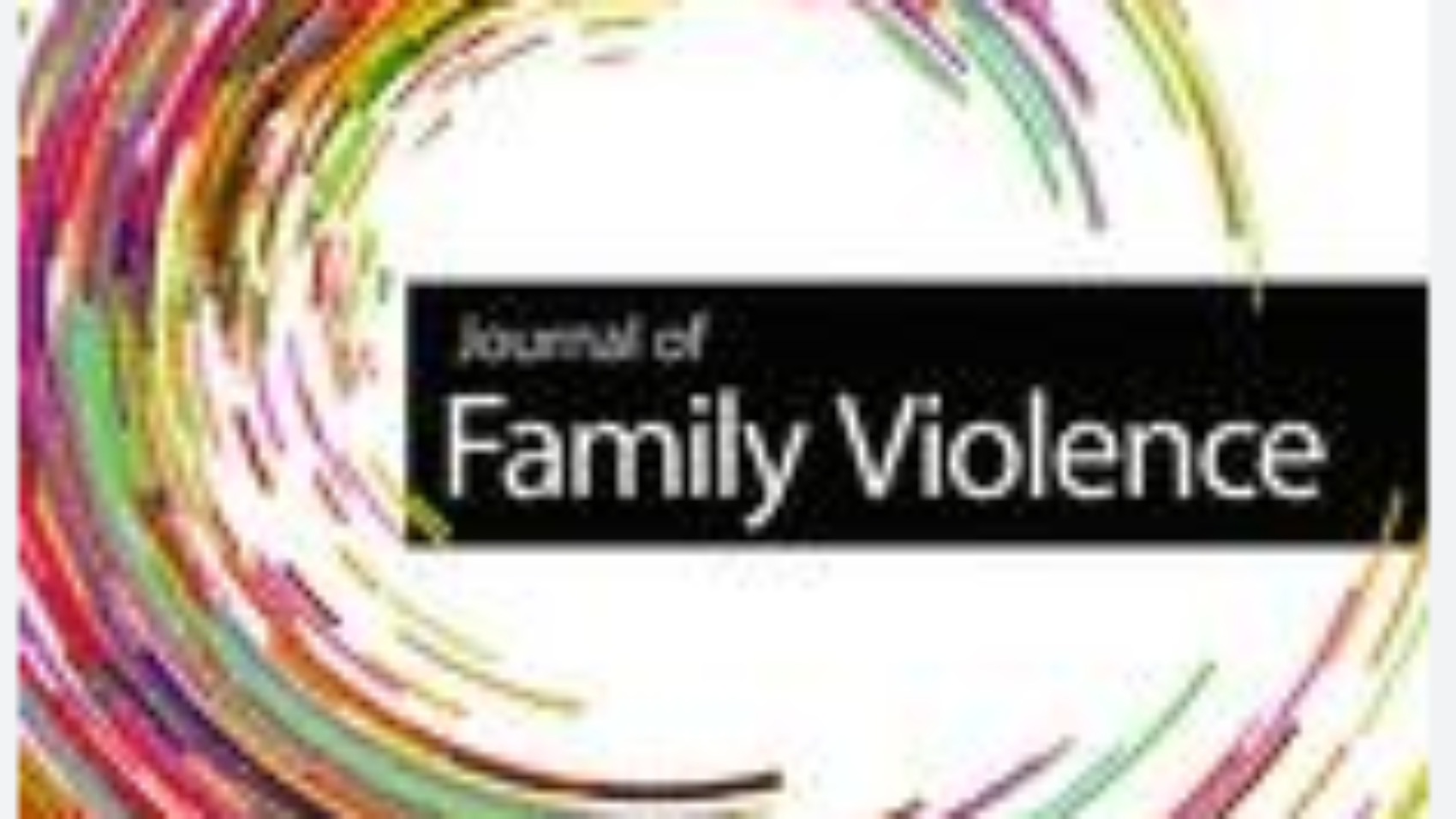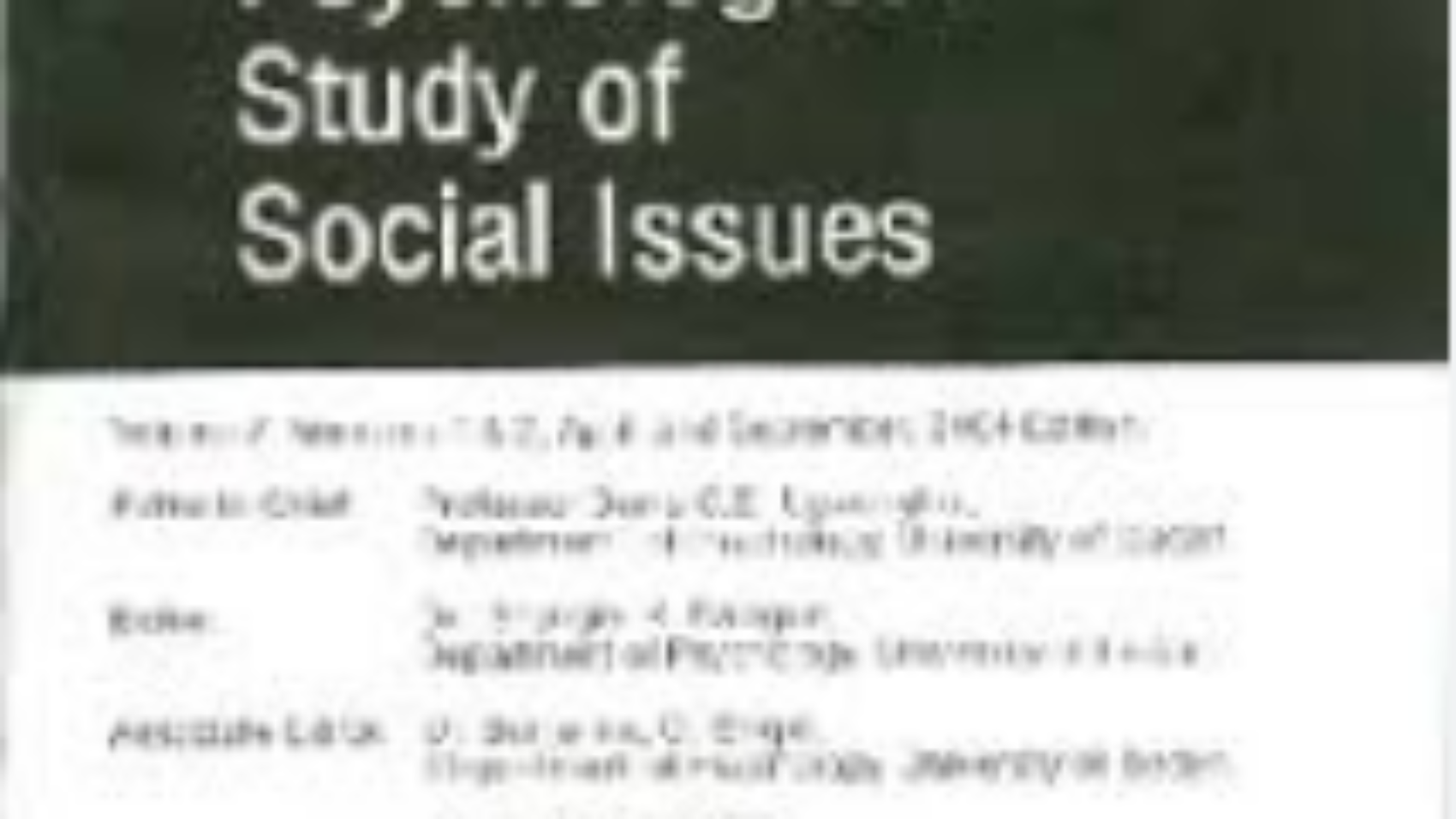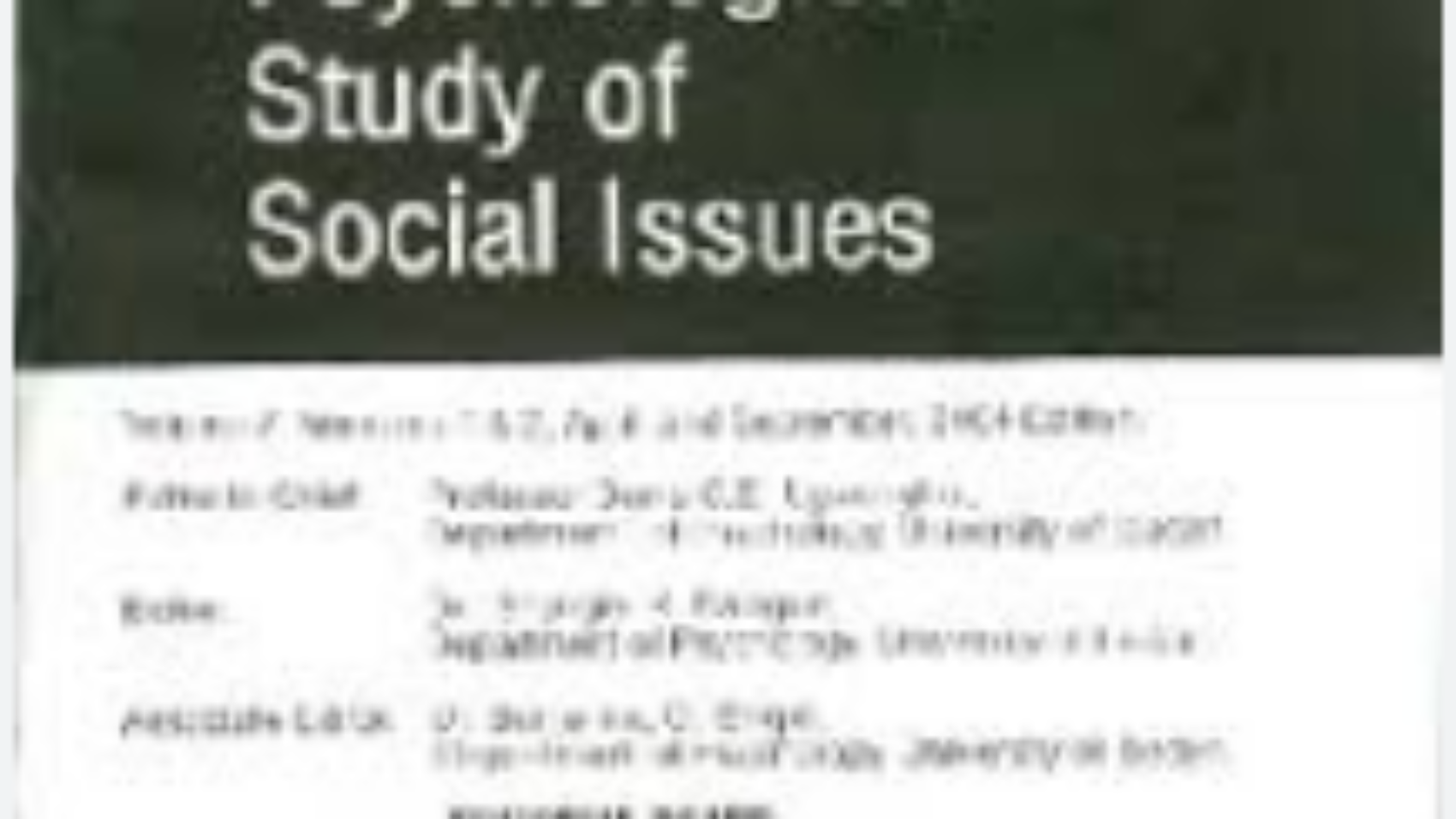Without gainsaying, there has been a recent increase in the incidences of spousal homicide in Nigeria. Meanwhile, research on family violence has vigorously focused on spousal abuse, trends and prevalence of domestic violence, while the most severe of violence-the killing of a spouse, has not received an equal amount of attention. Available statistics show that men are more culpable in abusing their wives to the point of death. Leaning on general strain theory, this present study examined the psychological factors and sociological background of men who have been charged and/or convicted of killing their wives. Qualitative analysis of official demographic and offence history data, and in-depth interviews of 21 purposively selected male offenders of spousal homicide in celled housing units in Kirikiri Maximum and Ikoyi Prisons, Lagos State, revealed that childhood experience of violence and abuse is strongly connected with perception and perpetration of violence in marital life. There is a clear empirical evidence to suggest that qualitatively, men who kill their spouses do not differ greatly from those who use nonlethal violence. Demographic and personality traits like negative emotions, low constraints, jealousy and envy were found to be important predisposing factors to spousal homicide. It is essential that an understanding of spousal homicide is continuously pursued and that steps are taken to reduce the likelihood of spousal homicide—the final abuse.
Aborisade, R.A., Adedayo, S.S., & Shontan, A.R. (2019) Spousal homicide in Nigeria: Socio-psychological profiles of men who kill their wives, Journal of Management and Social Sciences, 8(1) 487-502









